Hundreds of men, women, and elders have been beaten up on the streets for…mortgages?
That’s right. You didn’t read that wrong.
It is happening in China right now.
It all started on July 17 when thousands of protestors surrounded China’s Banking and Insurance Regulatory Commission building, hollering in unison: “No mortgage payments!”
Normally, refusing to pay back a loan on a house you purchased would seem silly.
But not when these homes have never been built.
And that’s what’s happening in China right now.
As it turns out, they weren’t the only ones.
When the revolt swept across social media, it quickly broke out into a nationwide movement. Unofficial reports now tally up thousands of borrowers who have withheld their mortgage payments.
Even real estate contractors are joining in on the act.
“The ABC has seen one joint statement, circulating on social media, signed by a group of contractors and suppliers of Evergrande in Hubei Province saying they are “broke”, have “lost hope” and will stop paying all loans and arrears.”
The Chinese Communist Party (CCP) is so worried that it’s called in “security forces” to break up demonstrations. Heck, there are even footage of tanks rumbling down the streets.
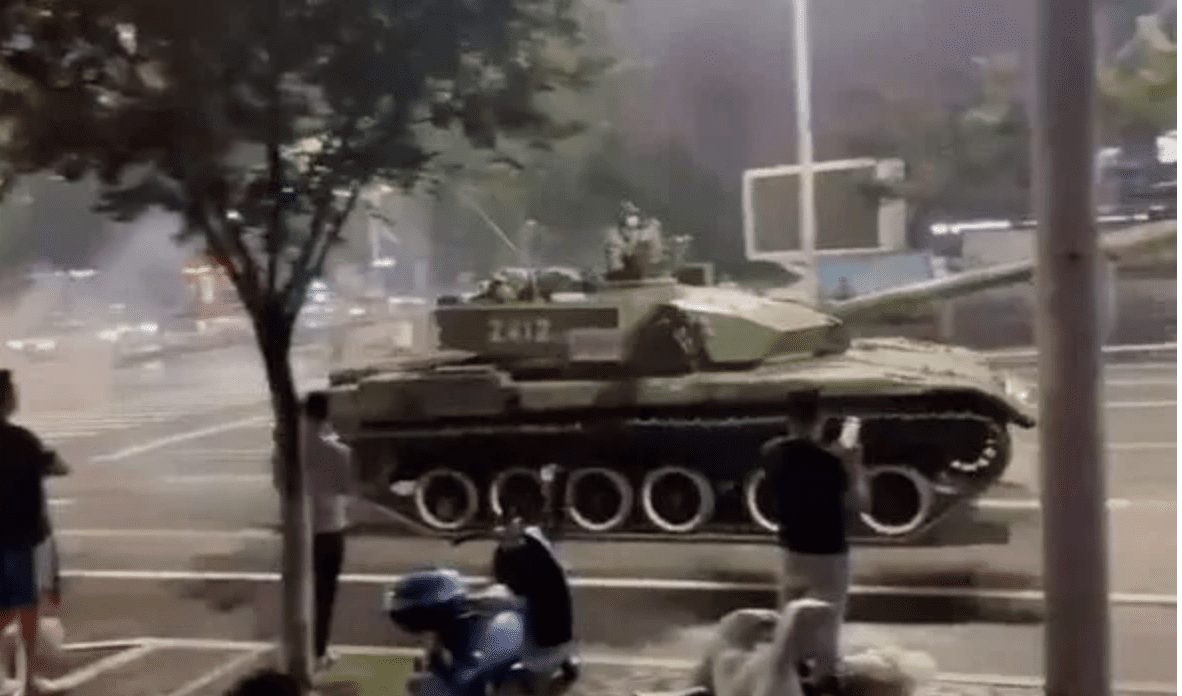
Last week, I called the end of the real estate bubble in America.
Today we’ll look at how the world’s largest real estate market, China—which, as I’ll show you, is more like a pyramid scheme—is bursting before our eyes.
There’s a lot at stake because this unrest is much more than a mortgage crisis.
The Beginning
The Chinese have always had a cultural fascination with real estate.
Here’s a paraphrased write-up from Chinafund that perfectly breaks it down:
- The cultural dimension of owning your own home is the foundation of your journey toward starting a family…
- Perceived lack of options. Compared to people who live in more developed nations, many Chinese citizens are just not all that sophisticated regarding their investment choices. They prefer to stick to an asset class they know…
- Fear due to past volatility/losses. While there are crashes in the Western world, volatility tends to be on the higher side in China… for the average person who remembers that one time his relative lost 70% after a market crash, it’s a major cause for concern.
- Urbanization, the pace of which has been remarkably accelerated since 1995… When you have millions of people competing for what can only be considered comparatively limited real estate, the results should not surprise anyone.
- Access to capital. When the GDP of a country goes up more than 10-fold in less than 20 years… what tends to be the common denominator when it comes to the things people like to do when they suddenly have access to a lot of money? Real estate.
In fact, China’s obsession with real estate investment is so big that it accounts for nearly 30% of its GDP—which is 2x as much as the U.S.
Such obsession convinced developers that there will always be infinite demand for houses, which gave a rationale for extreme leverage and a “pyramid scheme” of sorts.
In short, developers borrow money to lease land from a local government and sell out condos before laying a single brick – not an uncommon practice.
But then they get another loan by mortgaging the unfinished project and then repeat the process.
Think of it as taking out a new credit card to pay the balance of another – only on a multi-billions dollar scale, with thousands of units sold without even breaking ground.
Via China Real Estate Association (CREA), China’s key real estate agency:
“Real estate enterprises continually borrowed money, grabbed land, then borrowed again, forming a huge pool of funds. On the liabilities side were bank loans, customer pre-payments and bonds, and on the asset side were huge amounts of land.
“At this point, real estate enterprises seemed more like speculators in land than development companies,” the report added.”
Before the crackdown, the leverage was so high that developers financed projects with just 10% of their own funds. (Keep in mind, those are still official—and likely massaged—numbers from CCP.)
This is a Ponzi scheme in its purest form.
Why didn’t regulators step in earlier?
Because the CCP passed credit oversight on to local governments, which aren’t incentivized to regulate it. In fact, it’s in their interest to have developers take more risk by leasing as much land as possible – very much like the Federal Reserve does with the dollar.
You see, most municipalities rake in lots of their money from land leases—accounting for half of all revenue in some cases. So, if they cracked down on developers, they would, in effect, snap the umbilical cord of their state funding.
And why would they voluntarily do that?
Rotten Tails
By 2020, Chinese real estate inflated so much that the price for an average residential condo jumped 4x from 2011 to 2019.
CCP saw this unsustainable rise in housing prices as a political risk and implemented a so-called Three Red Lines policy, which slapped a strict cap on how much debt real estate developers can pile on.
94% of builders fell past the limit.
And before long, we saw the first casualty: Evergrande—China’s largest real estate developer and the most indebted company in the world.
Under the new rules, China’s once “too big to fail” real estate giant failed to raise cash to finance its ~$300 billion in debt and defaulted.
Meanwhile, Evegrande’s stock wiped out 95% of investors’ money—and has yet to recover – and likely won’t unless China steps in.
In that same year, the Chinese government demolished 15 high rises in Shanghai that were abandoned for more than eight years by similarly leveraged and now defunct homebuilders:
Abandoned condo developments are now so common in China that they even have their own name: “rotten tail buildings”:
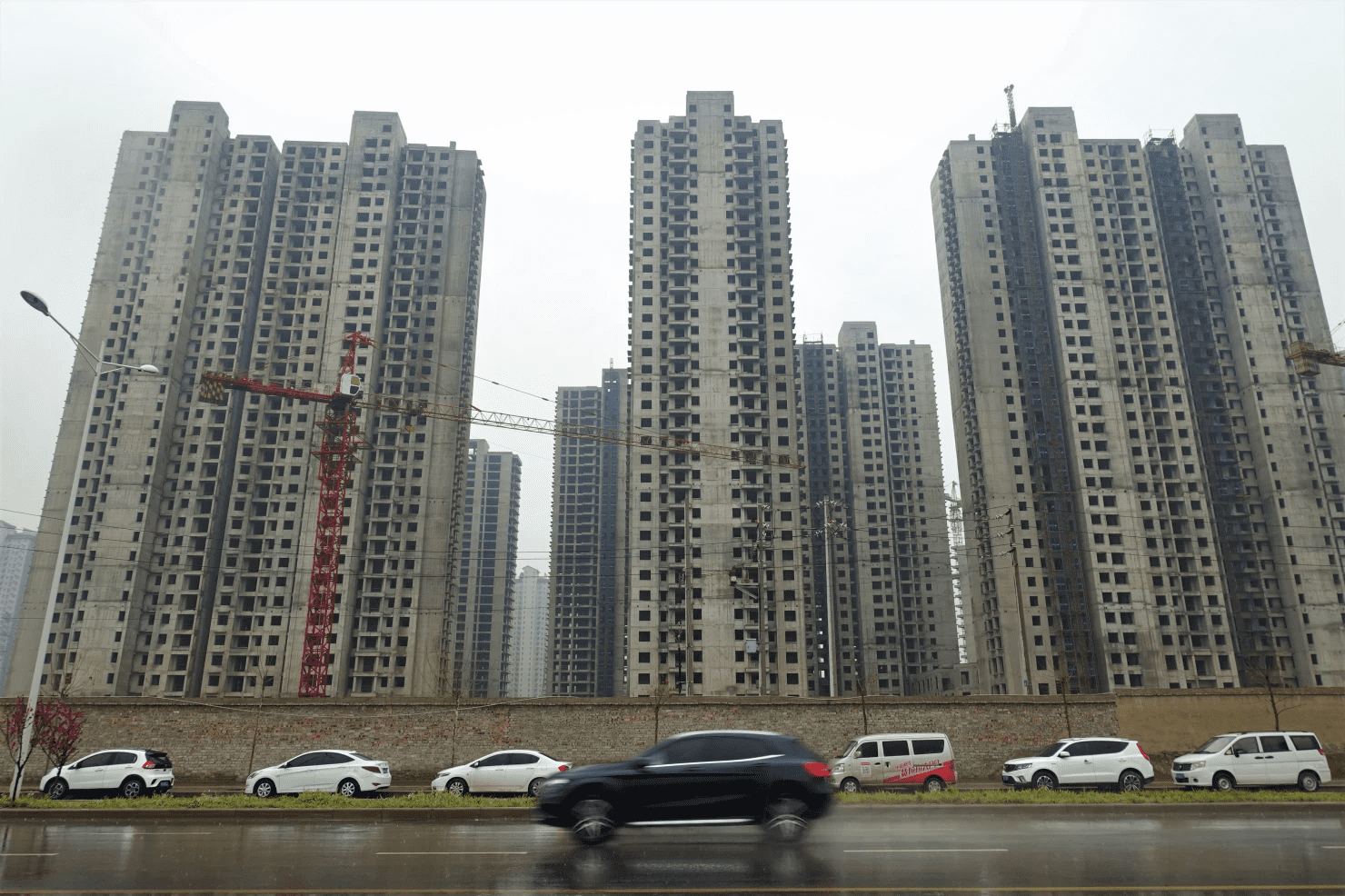
And this is just the beginning.
One After Another, Chinese Developers Are Defaulting
While Evergrande is the poster child of China’s real estate bust, smaller – yet collectively more significant – developers are failing in droves as China slowly turns off its credit taps.
For example, this past May, China’s fourth-largest developer, Sunac, which was considered less leveraged and “safer,” defaulted on a dollar bond:
And this month, Shimao Group—another top-10 Chinese developer—failed to pay the interest and principal on a $1 billion bond, according to a company filing to the Hong Kong stock exchange.
These are just the first dominos in a multi-trillion-dollar chain.
Many more builders are poised to topple over as real estate sales in China are grinding to a screeching halt. In a July 27 report, S&P Global wrote that this year China would see a slowdown in housing sales that will dwarf even 2008.
Via CNBC:
“China’s property sales are set to plunge this year by more than they did during the 2008 financial crisis, according to new estimates from S&P Global Ratings.
National property sales will likely drop by about 30% this year — nearly two times worse than their prior forecast, the ratings agency said, citing a growing number of Chinese homebuyers suspending their mortgage payments.
Such a drop would be worse than in 2008 when sales fell by roughly 20%, Esther Liu, director at S&P Global Ratings, said in a phone interview Wednesday.”
What will happen when over-leveraged Chinese developers aren’t able to sell out their next batch of condos from mere blueprints to finance the debt on real estate it hasn’t yet built?
Things Could Be Much Worse
Now, what I just showed you is “official” data that Xi Jinping knowingly allowed to go public.
But knowing Beijing’s propensity to data massaging, the real situation could be much, much worse. In fact, Bloomberg reported that CCP is actively censoring crowd-sourced mortgage documents on the internet.
Meanwhile, more protests are breaking out in central China because more than 400,000 customers can’t access their bank deposits from four rural banks. The banks have reportedly frozen $1.5 billion.
The authorities blamed suspended accounts on an illegal fundraising scheme that affected the ill-fated bank. But even if that’s true, why would you take away people’s life savings?
Why would you not even let people come physically close to the banks?
Now get this: there are even reports that customers whose deposits are frozen can’t walk into banks because their Covid apps flash a virus warning and force them to go to a “centralized isolation center.”
“Several depositors told The Epoch Times on June 14 that the health code on their COVID-19 app turned red as soon as they scanned venue barcodes at Zhengzhou, the provincial capital city of central China’s Henan Province. A red health code—indicating a potential COVID-19 patient—means that the carrier is barred access to all public places from public toilets to shops to train stations and faces mandatory quarantine in centralized isolation centers.”
And while this is China, many similar tactics and digital implementations are already underway in the Western World.
Remember when COVID first really hit back in March 2020, Ivan suggested the government would implement digital ID vaccine passports only to be called a conspiracy theorist?
This is so scary that it should send chills to everyone.
The true scale of this real estate bust is so big that it’s starting to destabilize the whole banking system. After all, Xi wouldn’t send out tanks and beat people up in public if he could solve it quietly.
And given there are Chinese developers all over N. America, we should all be paying super close attention – even at home.
The Beginning of China’s Great Reset?
The mortgage crisis in China is the very definition of the Great Reset Ivan predicted years ago.
After decades of explosive growth on unsustainable debt, China’s economy is crumbling under its own weight. Now all the CCP can do to hold the regime together is nationalize assets.
In fact, it’s already happening.
400,000 citizens in rural China lost their whole life savings—just like that.
Meanwhile, Chinese regulators are arbitrarily seizing projects of languishing builders and, in effect, running off with creditor money:
Alternatively, the CCP may bail out the failing builders as they did many times before. But a bailout at this point is more like a Band-Aid on a gangrened foot.
One way or another, this debt will have to be resolved, and the longer it drags on, the greater the pain will be.
Imagine a world where the government not only allows but encourages (through low rates and money printing) developers to take on such massive risks at the expense of homebuyers. And when the risk fails, the government swoops in and ends up owning it all.
Wait, you don’t have to imagine. It’s happening right now.
Take note. While our timeframes differ, we are following in ominously similar footsteps.
Seek the truth and be prepared,
Carlise Kane


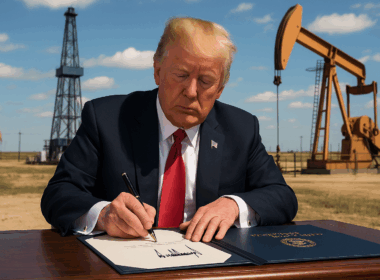
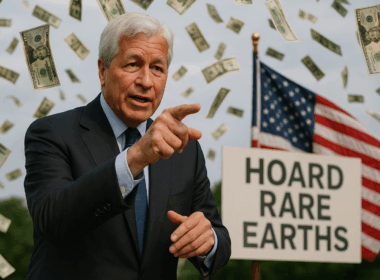


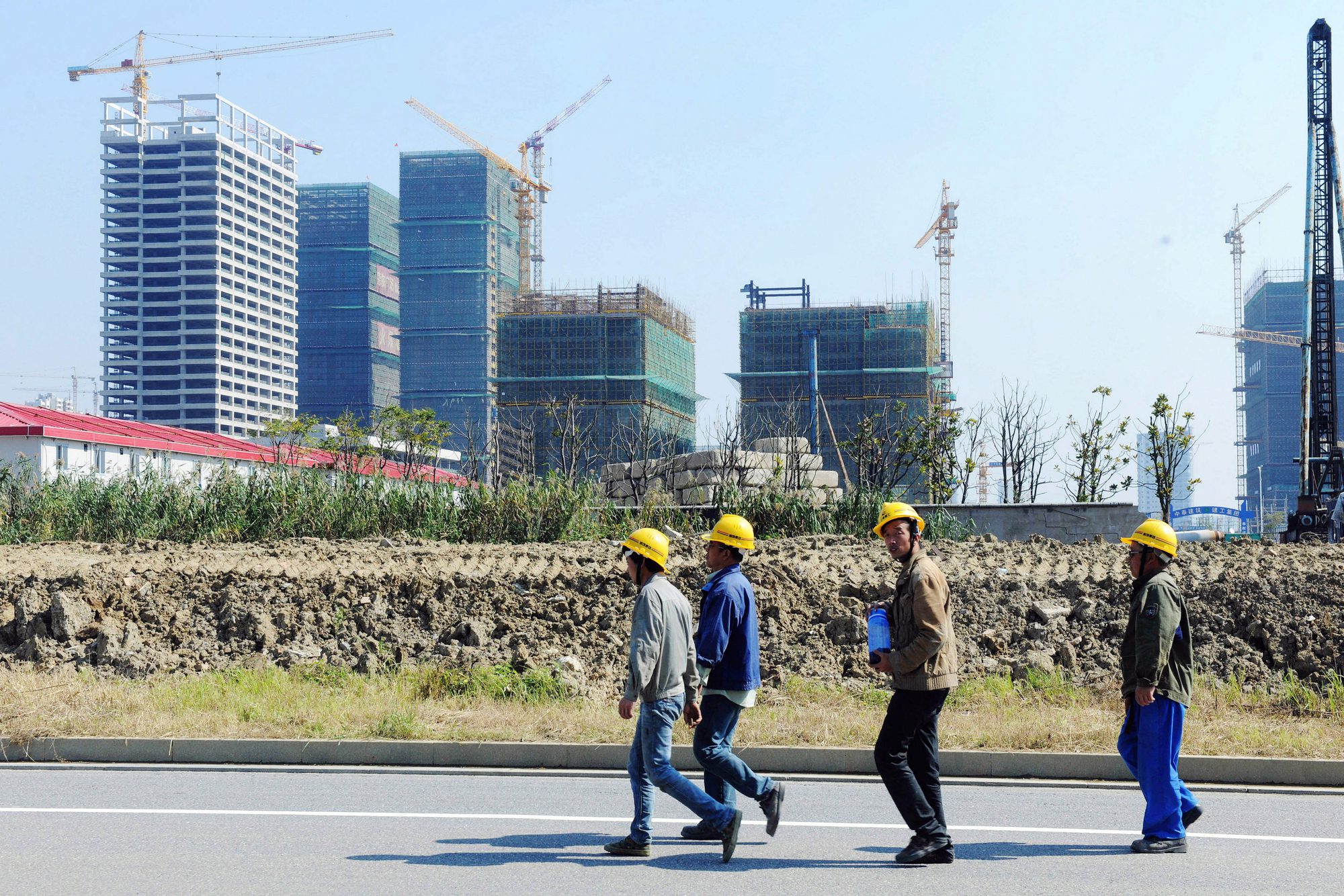

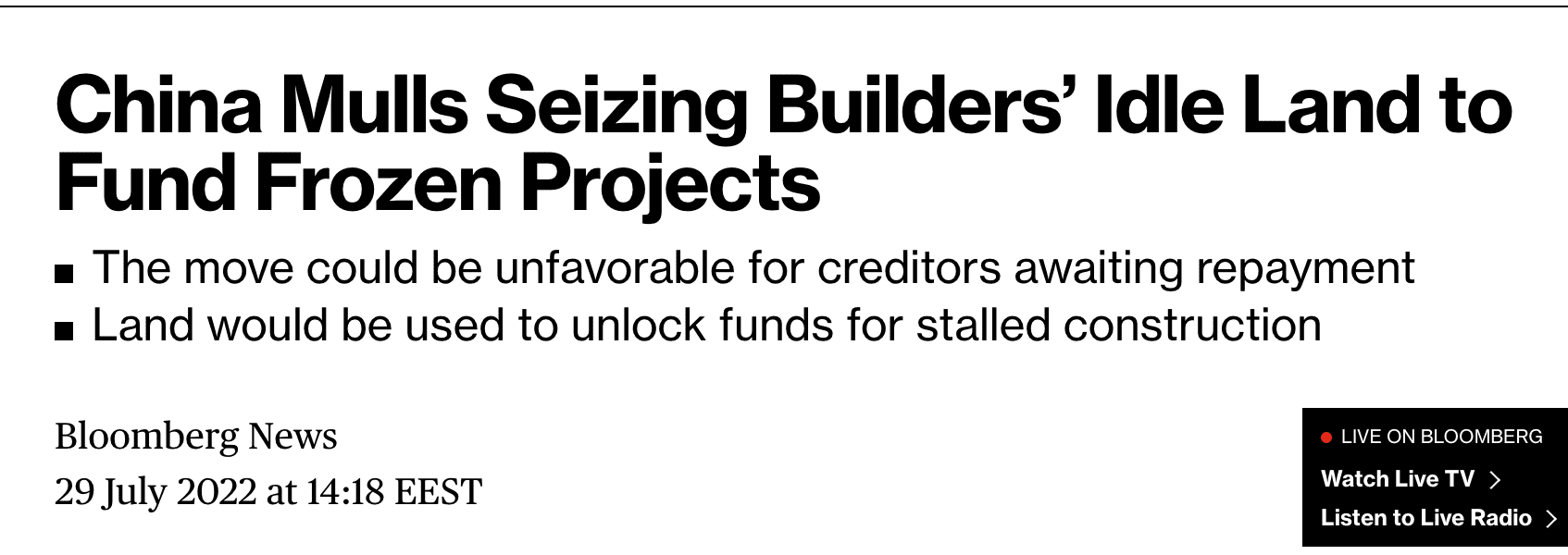
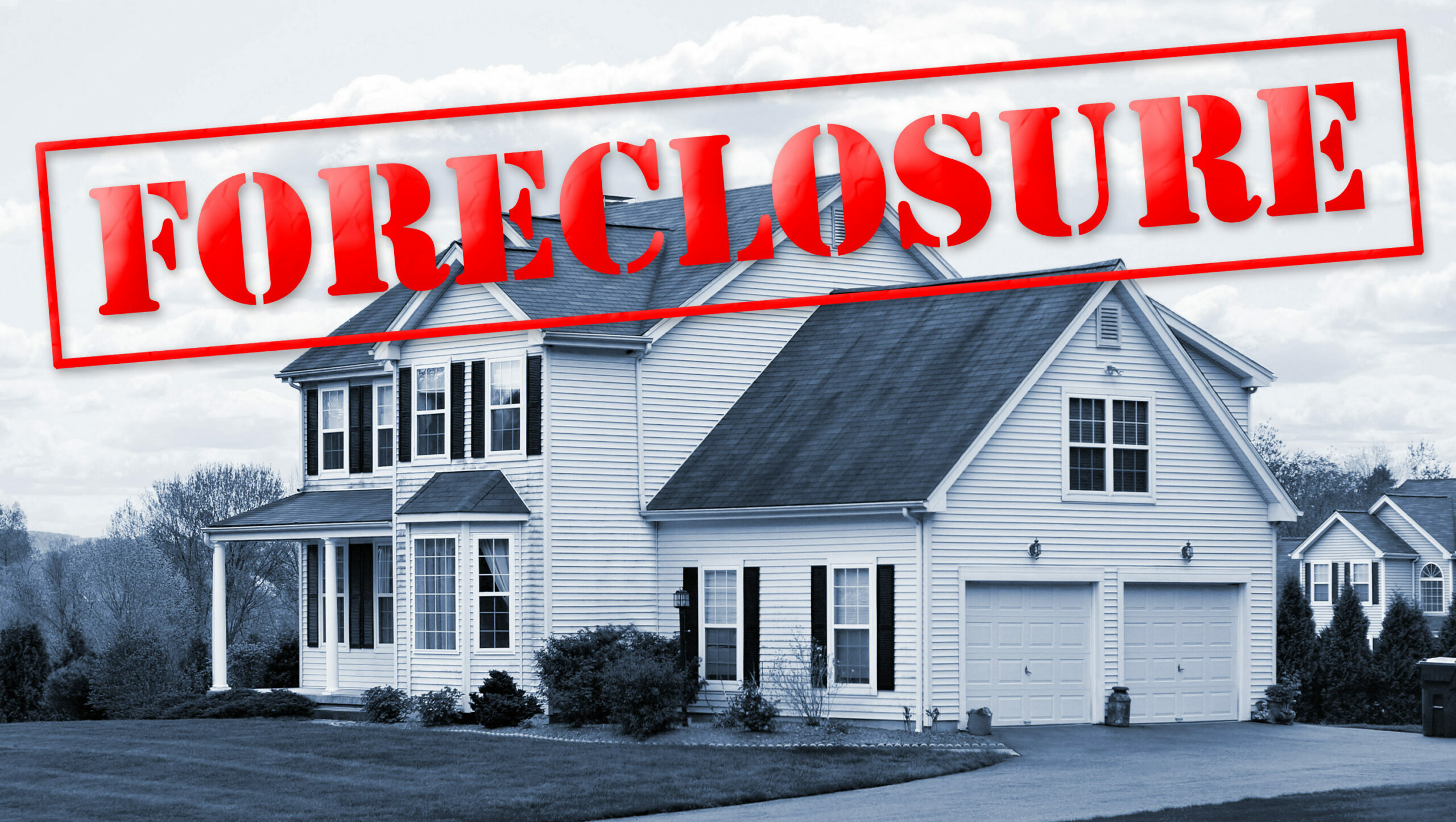

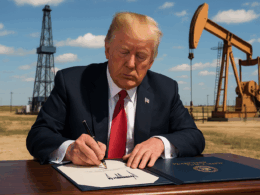
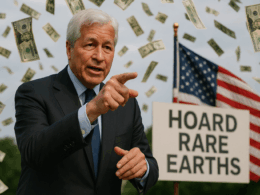


I like your comments, so basically no different than what Trump has done for years just on steroids. I am not anti Trump or left wing Dem just know about his business and the guy that is in charge of his junkbond financing. Are you seeing this as limited to China or a domino affect to the rest of the world?
Of course the rest of the world. I was worried about this shit 40 years ago. The failure of the bottom to drop out in 2008 was already game over. We’ve been living on froth since.
Actually started in 1971 but wasn’t noticeable right away
You said it use your diligence, get it in writing ask questions, and don’t follow the herd!
Once again the insightful journalism received from the Equedia provides vital guidance for this investor.
Many thanks!
always find it truthful and informative
never sure what happened behind
closed MINDS
Well documented dcd